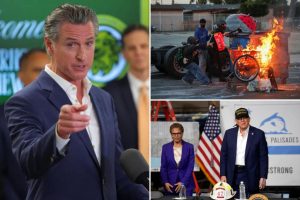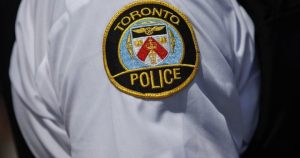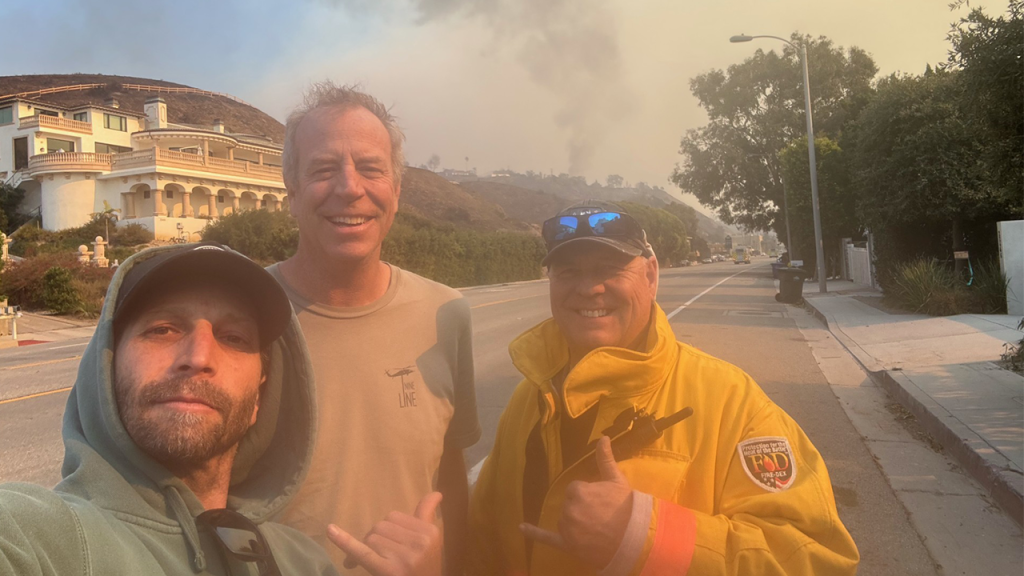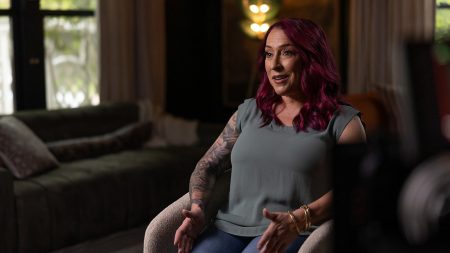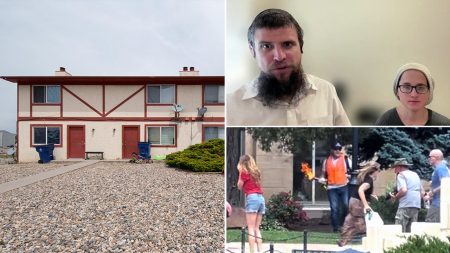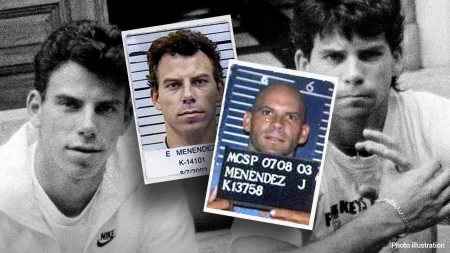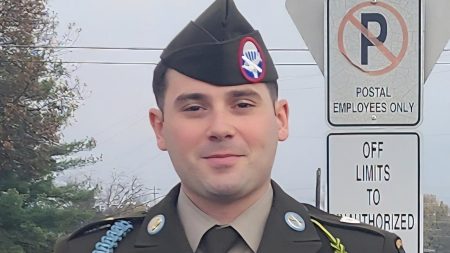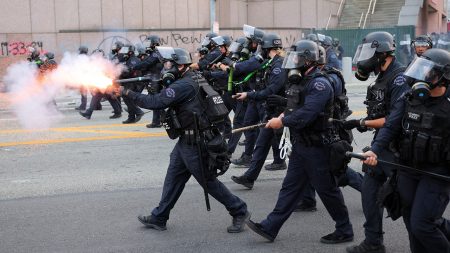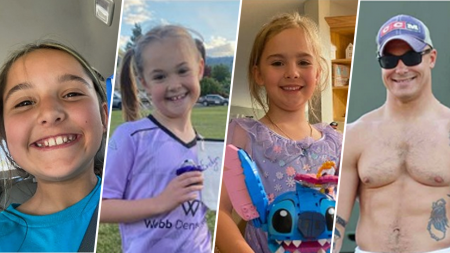Matt Diamond, a Malibu surfer and founder of a local fire brigade, emerged as a critical figure in battling the recent Palisades Fire. Diamond’s brigade, formed in the wake of the devastating 2018 Woolsey Fire, arose from a perceived necessity for communities to become self-reliant in firefighting efforts due to what he viewed as insufficient official support. During the Woolsey Fire, Malibu residents, including Diamond, took matters into their own hands, organizing supplies, establishing a makeshift camp, and conducting patrols to protect their homes. This experience cemented Diamond’s belief in the crucial role of community-based fire brigades. His brigade’s efforts during the Palisades Fire, working in coordination with official firefighting units, proved invaluable.
When the Palisades Fire erupted, Diamond immediately sprang into action, tracking the fire’s progression and preparing his neighborhood for the impending inferno. The rapid advance of the fire underscored the urgency of the situation, forcing Diamond to make difficult choices about what possessions to save. While his focus remained on protecting his community, he managed to secure some personal belongings, including his surfboards, highlighting the blend of practical concerns and personal priorities during a crisis. The fire’s relentless advance consumed numerous homes in the Palisades, including those belonging to some of Diamond’s friends, resulting in the irreplaceable loss of cherished memorabilia and personal histories.
Despite the widespread destruction, Diamond and his brigade managed to save approximately ten homes, a testament to their preparedness and dedication. He emphasizes the importance of the “domino effect,” where saving one home can often protect surrounding properties. The tragic loss of a resident in the fire, confirmed by Malibu officials, underscored the devastating human cost of such disasters and the profound impact on the tight-knit community. Diamond stressed the importance of community solidarity and resilience in the face of such crises.
Diamond’s experience battling the Palisades Fire, coupled with his earlier experience during the Woolsey Fire, has solidified his conviction about the need for proactive community engagement in wildfire preparedness. He advocates for better communication between residents and first responders, including the establishment of independent communication channels utilizing walkie-talkies and satellite phones. He champions community-based fire brigades, emphasizing the importance of proper training and equipment to empower residents to protect their homes and neighborhoods. Diamond believes that such preparedness is not merely desirable but essential given the increasing frequency and intensity of natural disasters driven by climate change.
Diamond further emphasizes the crucial role of preventative measures, particularly advocating for controlled burns. He argues that despite the potential risks associated with such burns, the overall benefit in reducing fuel loads and mitigating the risk of catastrophic wildfires far outweighs the potential downsides. He recalls past practices of fire line creation and controlled burns, expressing concern about what he perceives as a hesitancy on the part of government agencies to implement these measures due to potential legal ramifications. He urges Governor Gavin Newsom to prioritize proactive fire management strategies, cutting through bureaucratic obstacles to implement necessary preventative measures.
Diamond’s experience and call to action provide a compelling case for the important role community-based initiatives play in disaster preparedness and response. His focus on both immediate action during a fire and the long-term strategies needed to mitigate future risks offers valuable lessons for communities facing the increasing threat of wildfires. His story highlights the crucial balance between individual action, community cooperation, and effective government policies in protecting lives and property from the devastating effects of natural disasters. His emphasis on the empowerment that comes from organized community action underscores the power of collective effort in safeguarding against and responding to increasingly frequent and intense wildfires.

